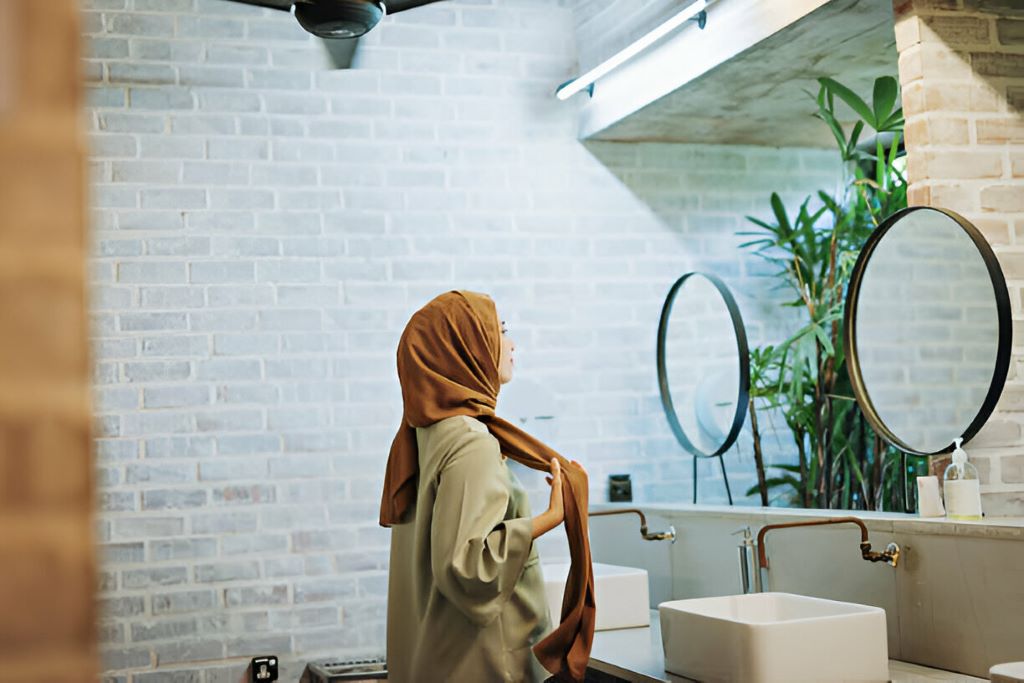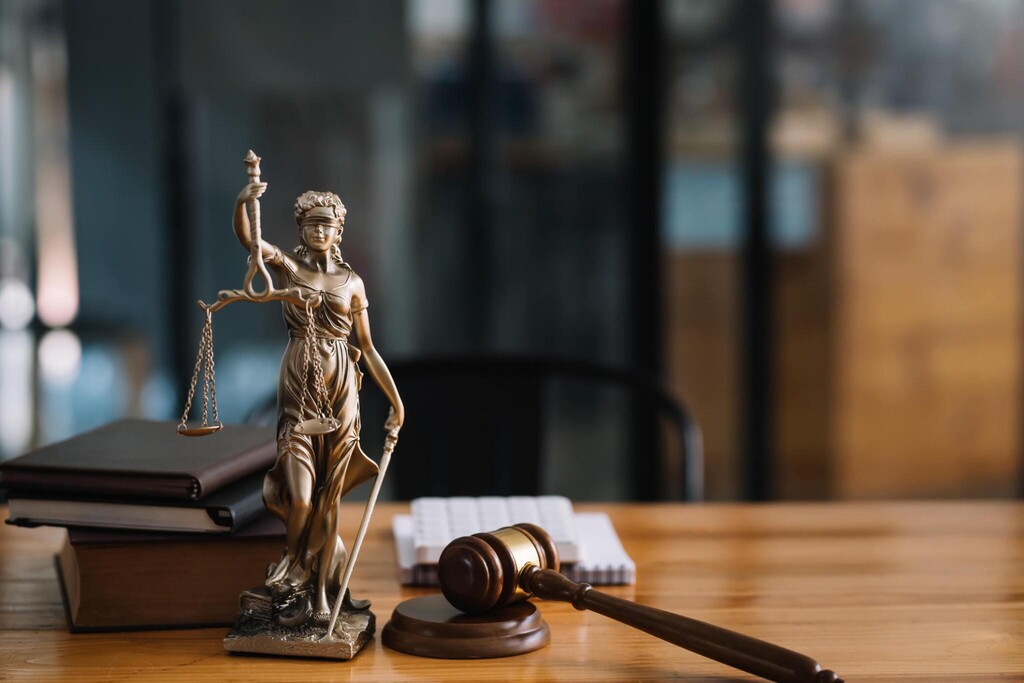Importing and exporting bathroom accessories presents a lucrative opportunity fueled by global demand for quality products. However, success hinges on navigating complex legal formalities. Understanding import restrictions and export documentation is crucial.
Compliance ensures smooth operations, preventing delays, penalties, and legal issues. A thorough grasp of regulations, coupled with meticulous attention to detail, is imperative for sustained profitability and reputation in this competitive international trade landscape.
This comprehensive guide will explore the key legal aspects associated with importing and exporting bathroom accessories, providing valuable insights for businesses venturing into the international market.
Importing Bathroom Accessories And Legal Considerations
When importing bathroom accessories, ensure compliance with safety standards and regulations, such as those for materials used and product labeling. Understand import duties and taxes, ensuring proper classification for customs clearance. Stay updated on any changes in trade agreements that may affect import processes and costs.
Researching Import Regulations
Before initiating any import activities, it’s crucial to thoroughly research the import regulations governing bathroom accessories in both the originating and destination countries. This involves:
- Identifying restricted items: Some bathroom accessories, such as certain plumbing fixtures or electronic devices, may be subject to import restrictions due to safety concerns or environmental regulations.
- Understanding country-specific regulations: Understanding the import regulations of different countries is crucial for businesses, especially those dealing with products like the UDO systems. Each country has its own set of documentation requirements, customs duties, and taxation policies that must be adhered to when importing goods.

Obtaining Licenses and Permits
Depending on the nature of the bathroom accessories being imported, obtaining the necessary licenses and permits may be required to legally bring them into the destination country. Key considerations include:
- Import licenses: Certain products may require an import license issued by the relevant government authorities. These licenses often serve to regulate the entry of specific goods and ensure compliance with quality and safety standards.
- Special permits: In addition to import licenses, certain categories of bathroom accessories, such as those containing hazardous materials or regulated by health agencies, may necessitate special permits or certifications to ensure compliance with regulatory requirements.
Compliance with Product Standards
Ensuring that imported bathroom accessories meet the requisite product standards and regulatory requirements is paramount to avoid any legal issues or potential risks to consumers. This entails:
- Quality assurance: Before importing bathroom accessories, conduct thorough quality checks to ensure that they meet the designated quality standards and specifications. This may involve testing samples for durability, safety, and performance to ascertain compliance with new industry standards.
- Regulatory compliance: Stay abreast of relevant regulations governing product safety, labeling, and certification requirements in the destination country. Compliance with these regulations is essential to prevent the entry of substandard or non-compliant products into the market.
Exporting Bathroom Accessories Legal Obligations
When exporting bathroom accessories, adhere to regulations on product quality, labeling, and safety standards in the destination country. Understand export controls and licensing requirements for certain products. Comply with documentation and certification requirements, including certificates of origin and sanitary certificates. Stay informed about any trade restrictions or tariffs affecting your exports.
Understanding Export Controls
Similar to import regulations, exporting bathroom accessories also entails compliance with export controls imposed by the originating and destination countries. Key considerations include:
- Export restrictions: Some countries impose export controls on certain goods, including bathroom accessories, to protect national security interests, preserve scarce resources, or comply with international agreements. Familiarize yourself with any export restrictions or prohibitions applicable to your products.
- Dual-use items: Certain bathroom accessories may have dual-use capabilities, meaning they can be used for both civilian and military purposes. Exporting such items may require additional scrutiny and compliance with export regulations and controls to prevent unauthorized diversion or misuse.
Documentation and Customs Clearance
Efficient documentation and customs clearance procedures are essential for smooth export operations. This involves:
- Export documentation: Prepare all necessary export documents, including commercial invoices, packing lists, certificates of origin, and export licenses, where applicable. Accurate and complete documentation facilitates customs clearance and ensures compliance with export regulations.
- Customs clearance procedures: Familiarize yourself with the customs clearance process in the originating and destination countries, including any required declarations, inspections, or duties. Engage with reputable freight forwarders or customs brokers to navigate the complexities of international trade and expedite customs clearance.
Compliance with Trade Agreements
Leveraging preferential trade agreements or free trade agreements can provide significant benefits for exporters of bathroom accessories. Considerations include:
- Tariff preferences: Take advantage of tariff preferences or duty-free access granted under bilateral or multilateral trade agreements to reduce export costs and enhance competitiveness in foreign markets.
- Rules of origin: Ensure compliance with rules of origin requirements to qualify for preferential tariff treatment under trade agreements. Understanding the rules of origin governing your products is crucial to maximizing the benefits of trade agreements and avoiding potential penalties for non-compliance.
Mitigating Legal Risks and Ensuring Compliance
Mitigating legal risks and ensuring compliance involves implementing robust internal controls and processes. Regularly review and update policies to align with changing regulations. Conduct thorough staff training involved in import/export operations. Engage legal counsel or compliance experts to provide guidance and support in navigating complex legal compliance frameworks. Monitor industry developments for proactive risk management.
Engaging Legal Counsel
Navigating the complex legal landscape of international trade requires expert guidance from legal professionals specializing in trade law and regulations. Consider:
- Consulting with legal counsel: Seek advice from experienced trade lawyers or consultants to assess your compliance obligations, mitigate legal risks, and address any legal issues that may arise during the import-export process.
- Contractual agreements: Draft and review contractual agreements with suppliers, distributors, or customers to ensure clarity regarding rights, obligations, and dispute resolution mechanisms. Legal counsel can help draft contracts that safeguard your interests and mitigate potential liabilities.
Implementing Compliance Protocols
Establish robust compliance protocols and internal controls to ensure adherence to legal requirements throughout the import-export process. This involves:
- Compliance training: Provide comprehensive training to employees involved in import-export activities to familiarize them with relevant laws, regulations, and company policies. Regular training sessions can enhance awareness and promote a culture of compliance within the organization.
- Document management: Maintain accurate records of all import-export transactions, including contracts, invoices, shipping documents, and compliance certificates. Effective document management facilitates auditing, monitoring, and reporting of compliance activities to regulatory authorities.
Conclusion
Successfully navigating the legal formalities for importing and exporting bathroom accessories requires meticulous attention to detail, proactive compliance measures, and expert legal guidelines.
By understanding the regulatory landscape, obtaining the necessary licenses and permits, and implementing robust compliance protocols, businesses can minimize legal risks, ensure regulatory compliance, and capitalize on international trade opportunities in the dynamic bathroom accessories market.






